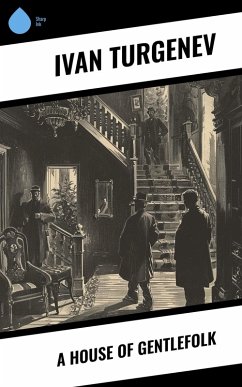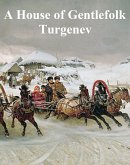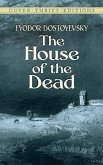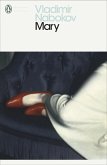In "A House of Gentlefolk," Ivan Turgenev explores the complexities of Russian societal structures and personal relationships during the mid-19th century. Through a rich, lyrical narrative, Turgenev delineates the lives of the gentry, juxtaposing their genteel aspirations against the harsh realities of social change. The novel's psychological depth is showcased through the characters' introspections and interactions, capturing the tensions between tradition and progress. Its style, marked by Turgenev's characteristic attention to detail and elegant prose, evokes a profound sense of time and place, making it a valuable work in the literary realism tradition. Ivan Turgenev, a prominent figure in 19th-century Russian literature, was known for his keen observations of society and a deep empathy for his characters. Born into a landowning family, he was acutely aware of the socio-political shifts that were sweeping through Russia, particularly concerning the serfdom abolition. This background undoubtedly influenced his depiction of the gentlefolk, as well as his exploration of themes such as love, disillusionment, and the quest for personal fulfillment. "A House of Gentlefolk" is a must-read for anyone interested in the nuances of human experience and social dynamics. Turgenev's exquisite prose and profound thematic insights invite readers to reflect on their own lives within a changing world, making it an enduring classic that resonates with contemporary audiences.
Dieser Download kann aus rechtlichen Gründen nur mit Rechnungsadresse in A, B, BG, CY, CZ, D, DK, EW, FIN, F, GR, HR, H, IRL, I, LT, L, LR, M, NL, PL, P, R, S, SLO, SK ausgeliefert werden.
Hinweis: Dieser Artikel kann nur an eine deutsche Lieferadresse ausgeliefert werden.









